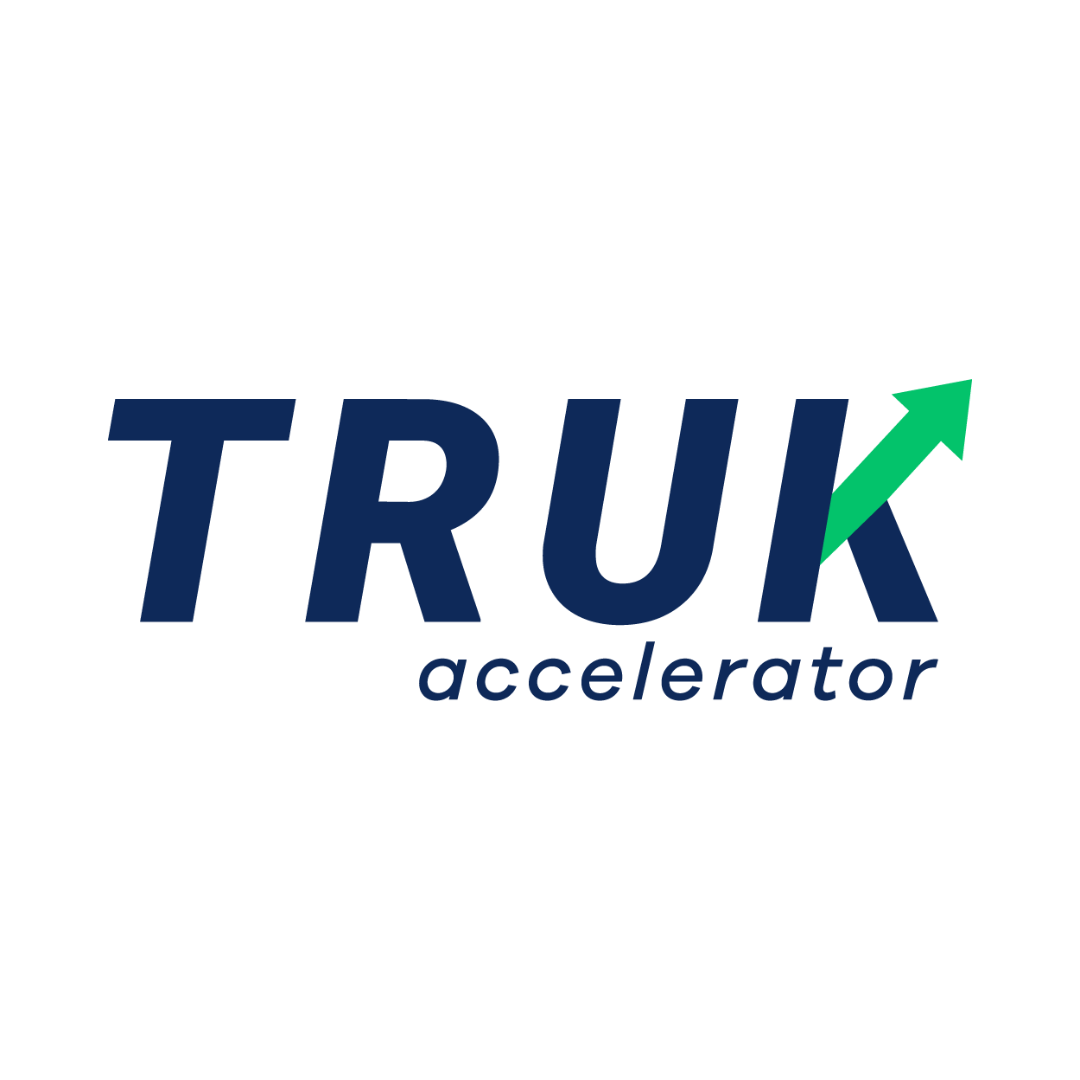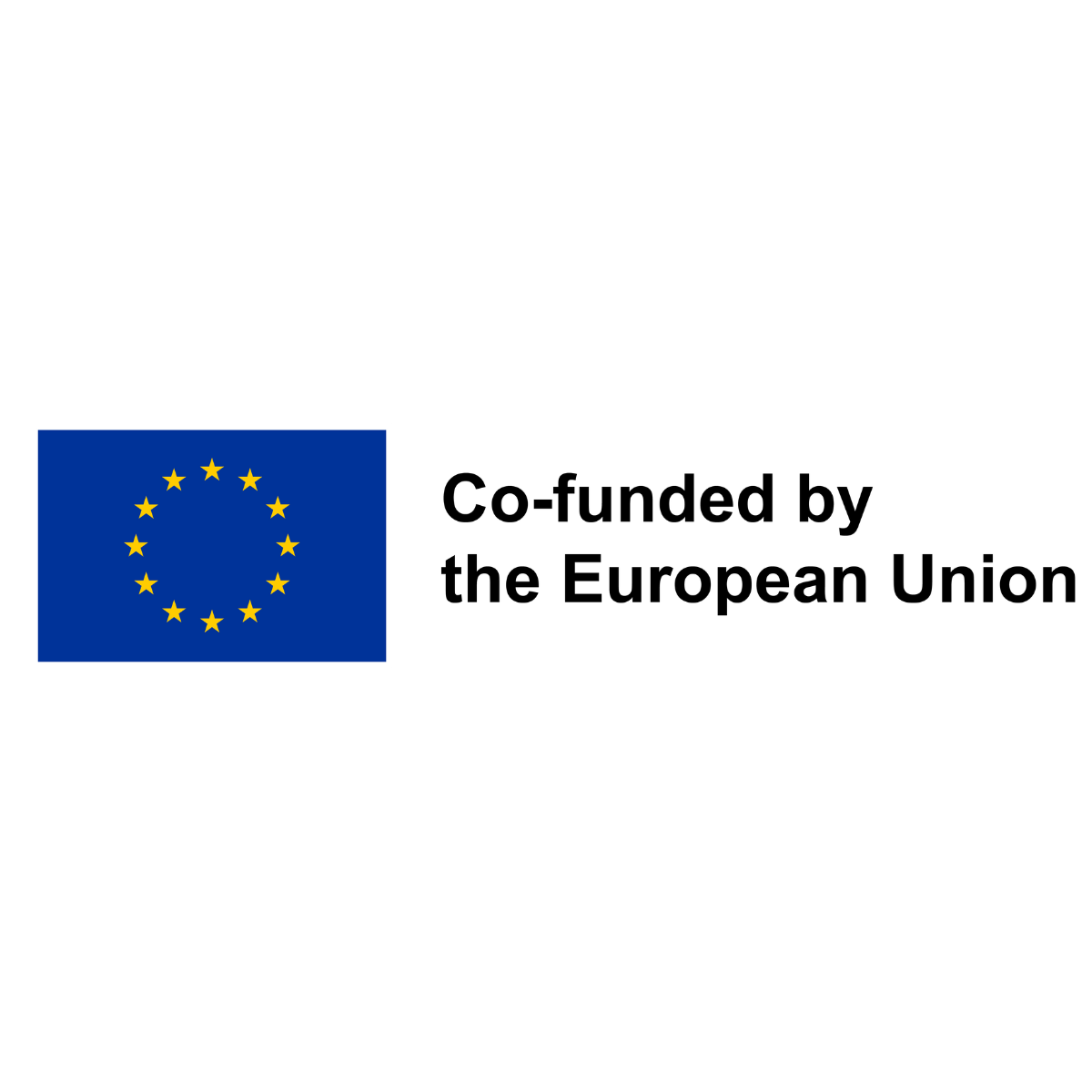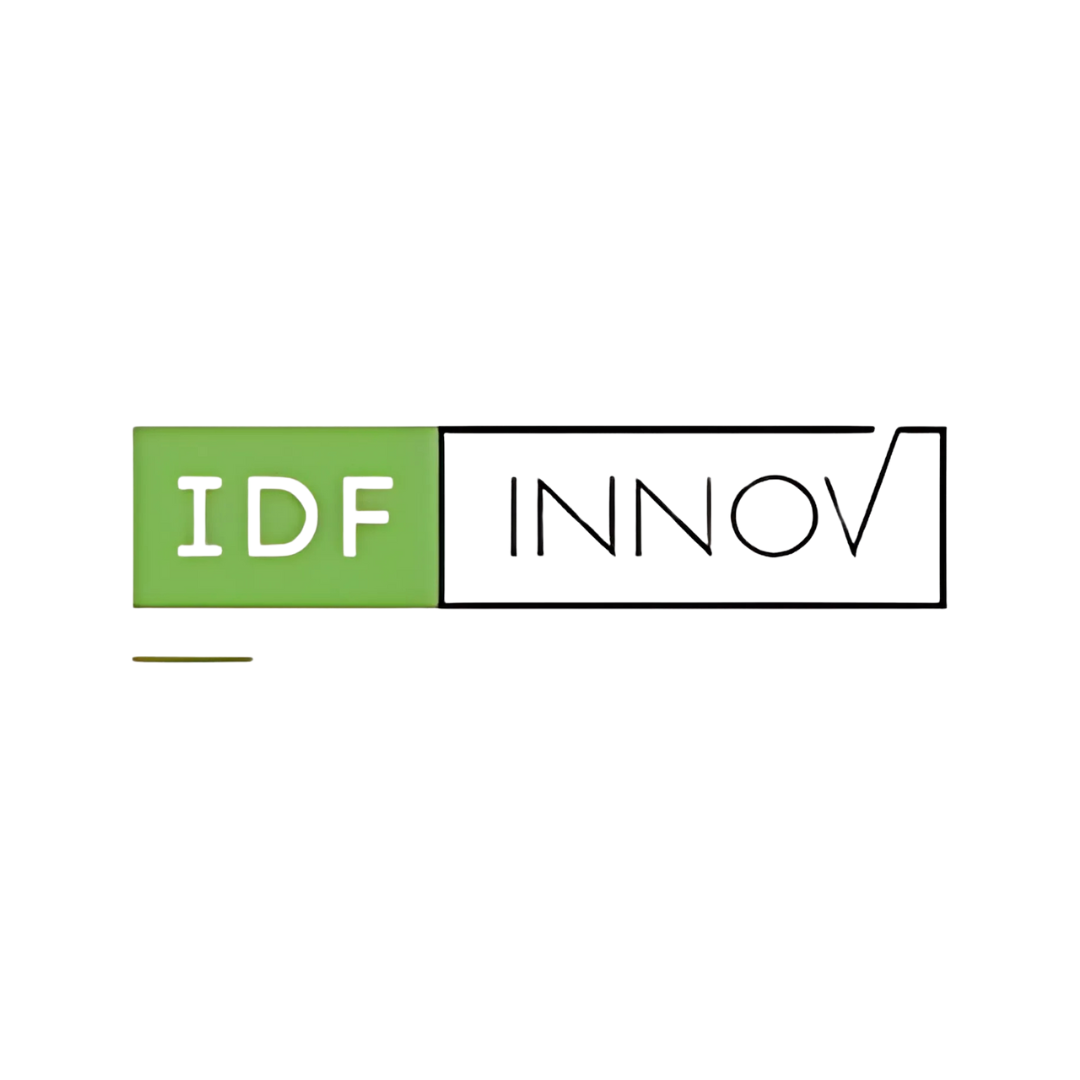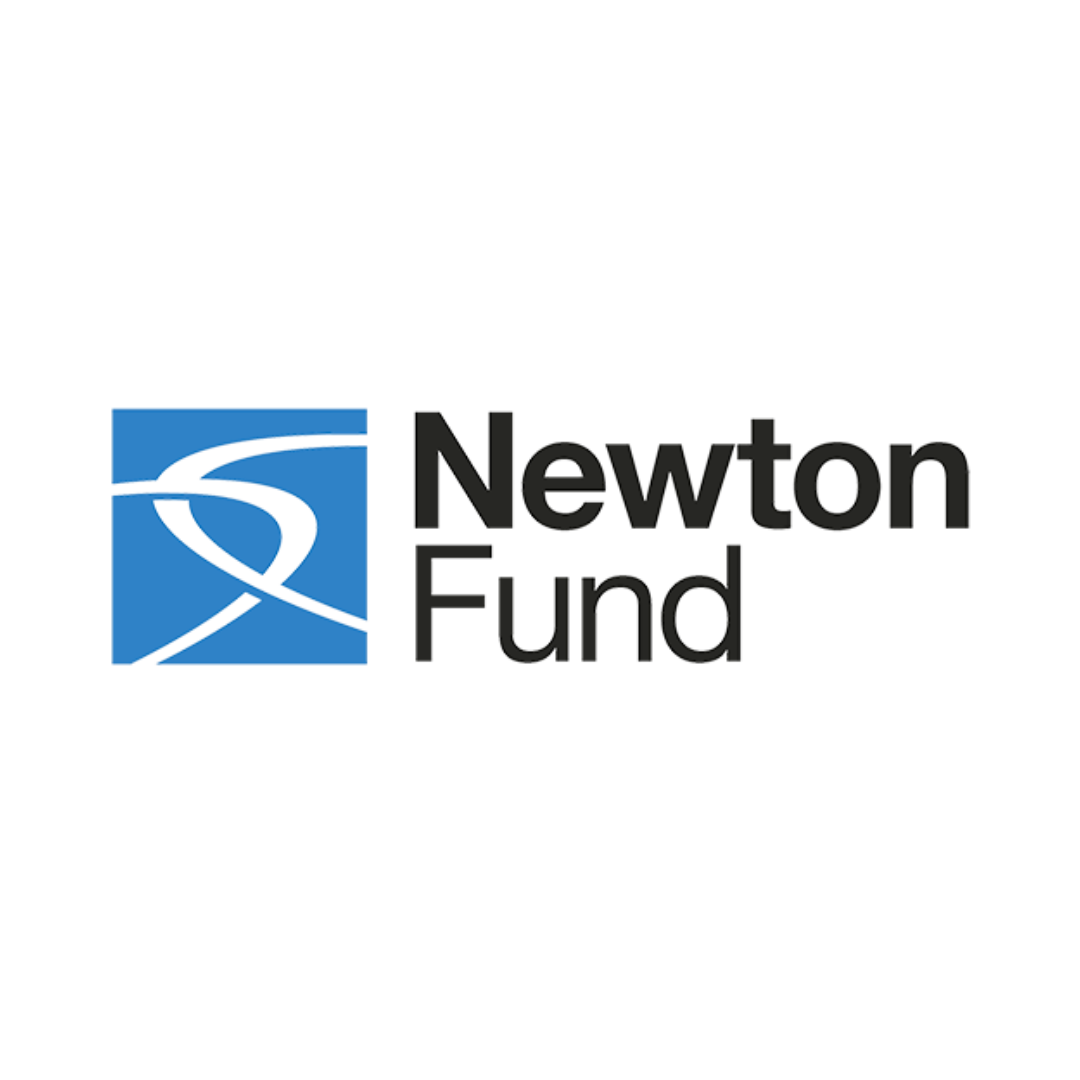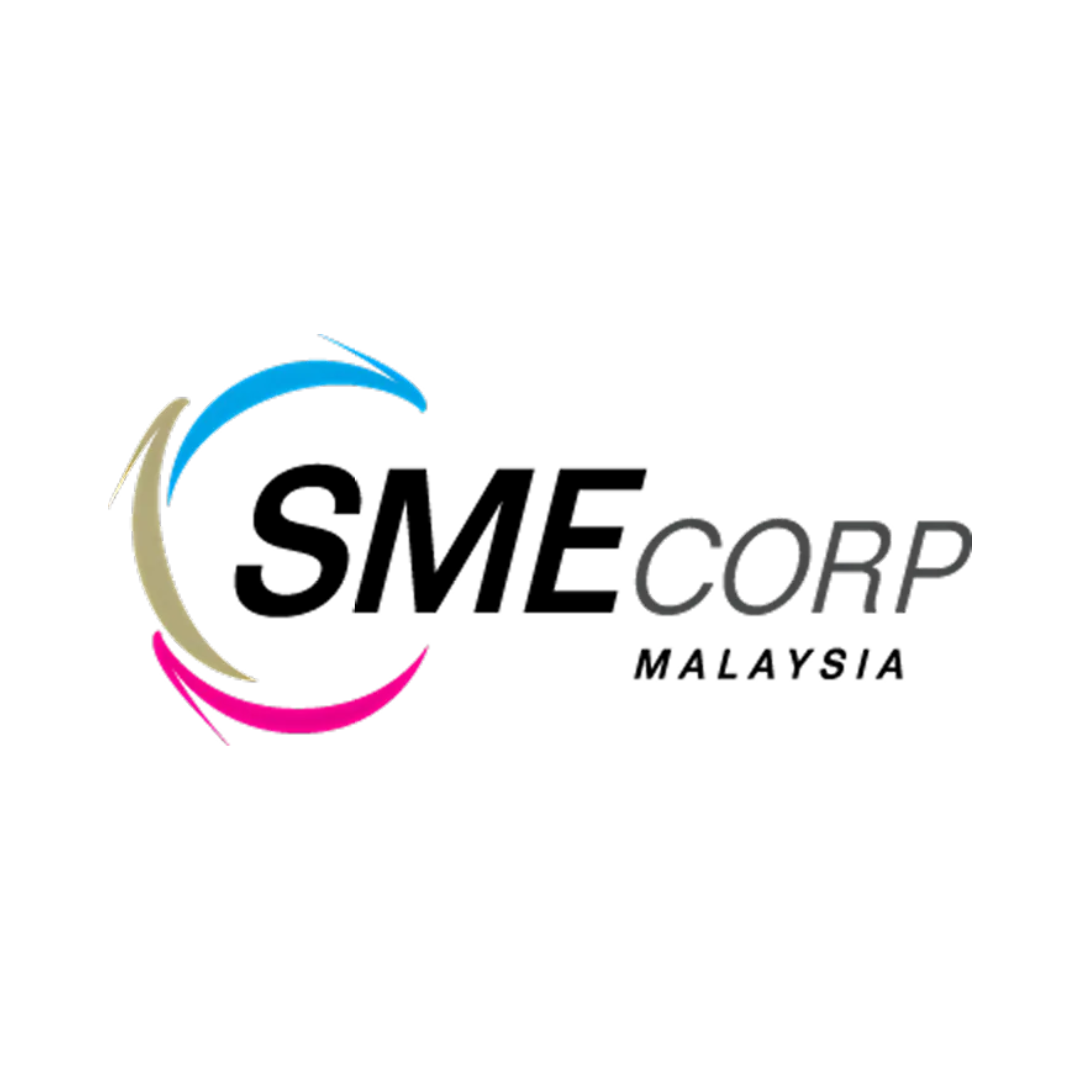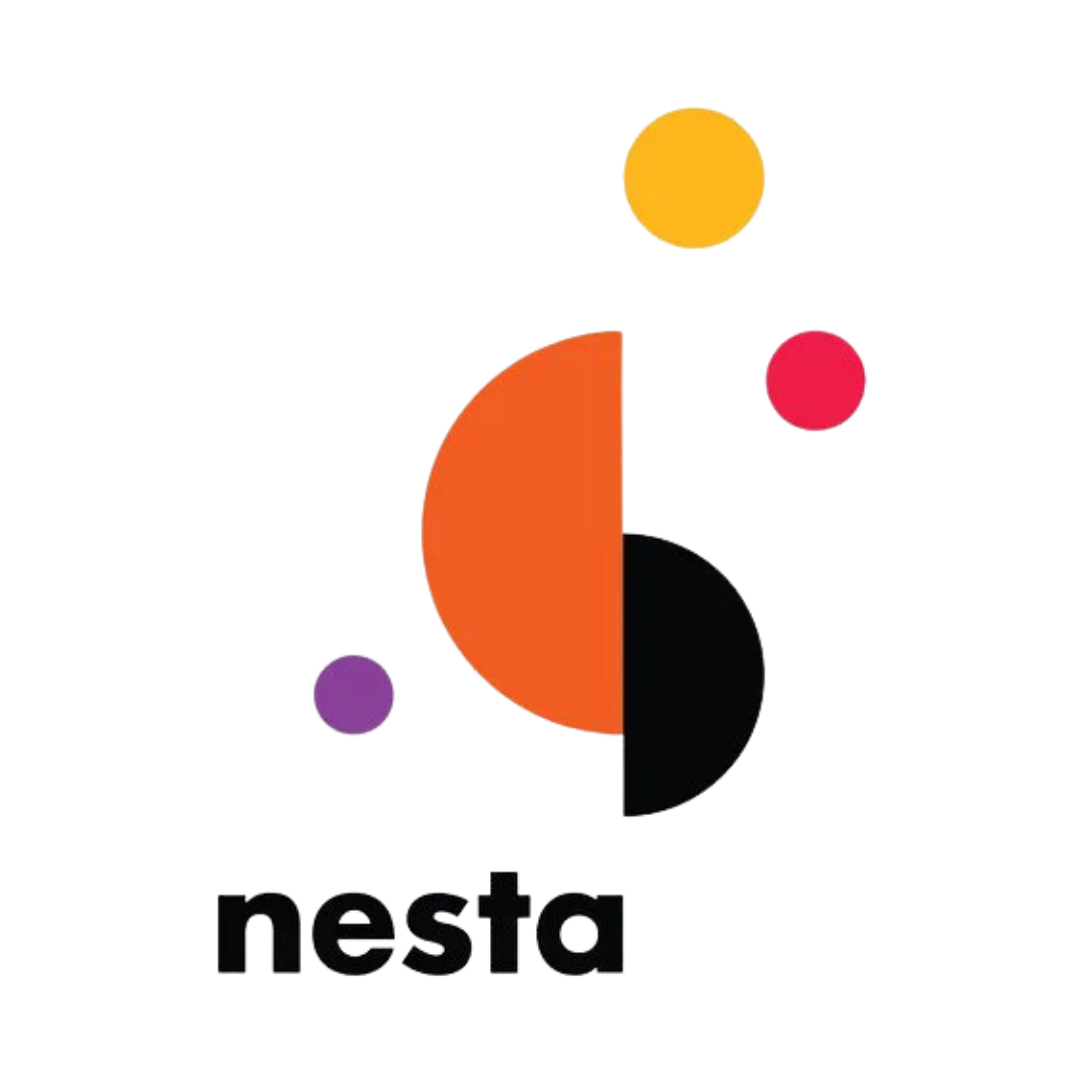Data management for research and commercialisation
Practical information for working with third-party data
Published on December 12, 2019
The work of research institutions, academics and businesses often involves collecting, analysing and publishing third-party data. Whether you are working with big data sets from databases or small datasets from websites, personalised data, anonymised data or publicly available data – there are laws that regulate its use by a third-party.
“Whether our purpose is pure research or commercialisation, when our projects use advanced analytics on structured, semi-structured and unstructured data, there are risks and opportunities that we must understand in order not to breach data regulations.”
Data regulations come in different shapes and forms, dependent on the data source used. They can seem overwhelming to practitioners without legal training. In line with our mission to ensure that research outcomes are developed into opportunities for economic growth, we have created a short, accessible guide to working with third-party data.
This guide outlines the risks, opportunities and challenges that researchers and businesses encounter when managing data. It provides professionals involved in research and commercialisation activities with practical information to help you use third-party data lawfully, and to protect your intellectual output.
Download your free copy here:
Oxentia is experienced in advising on data issues connected to research and commercialisation across all sectors. We work with experts in the use and commercialisation of data, with consideration for GDPR, Intellectual Property Rights and business.


